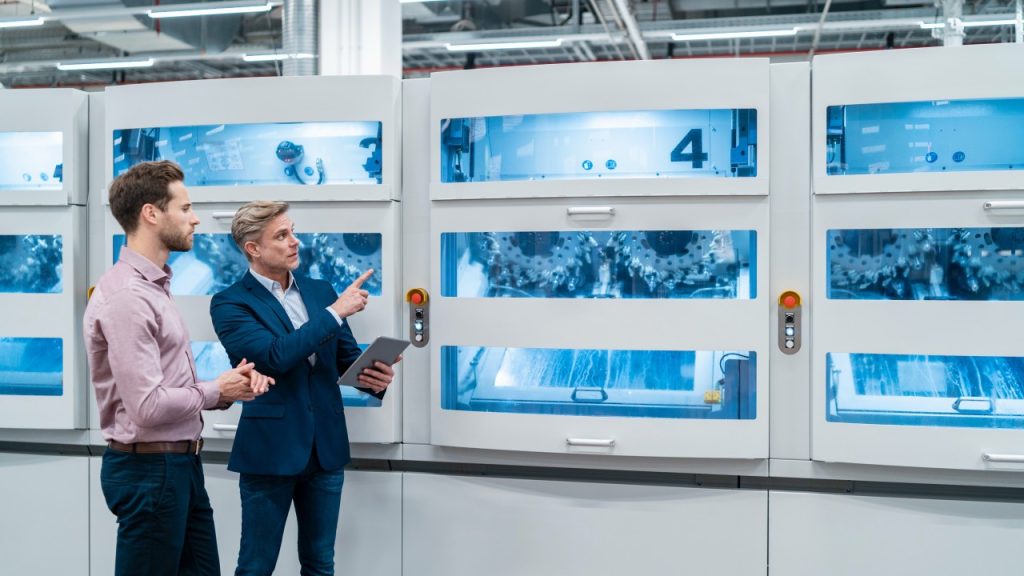New Zealand is positioning itself as a global leader in advanced manufacturing, leveraging strategic policies and incentives to attract foreign investment from high-tech industries such as aerospace, biotech, and pharmaceuticals. With relaxed foreign ownership restrictions, attractive tax breaks, and a strong emphasis on automation and robotics, the country is rapidly transforming into a manufacturing hub of the future. The government’s focus on research-driven industrial growth is not only drawing global industrial giants but also fostering technological innovation and creating high-quality employment opportunities. This shift is set to redefine New Zealand’s economic landscape and solidify its reputation as a destination for cutting-edge manufacturing.
Historically, New Zealand’s manufacturing sector has been dominated by traditional industries such as food processing, wood products, and machinery. While these sectors remain important, the government is now prioritizing advanced manufacturing as a key driver of economic growth. Advanced manufacturing encompasses high-tech industries that rely on innovation, automation, and research to produce high-value goods. By focusing on sectors such as aerospace, biotech, and pharmaceuticals, New Zealand aims to diversify its economy and reduce its reliance on primary industries.
The government’s vision is to create a manufacturing ecosystem that is globally competitive, sustainable, and innovation-driven. This vision is supported by a series of policies designed to attract foreign investment and foster collaboration between local and international firms. The goal is to establish New Zealand as a hub for high-tech manufacturing, capable of producing goods that meet global demand while adhering to the highest environmental and ethical standards.
To achieve its manufacturing ambitions, the New Zealand government has introduced a range of policies aimed at attracting foreign investment. These policies include relaxed foreign ownership restrictions, tax incentives, and grants for research and development (R&D). By creating a favorable environment for international firms, the government hopes to accelerate the growth of advanced manufacturing industries.
One of the most significant policy changes is the relaxation of foreign ownership restrictions in key sectors. Previously, foreign investors faced stringent limits on their ability to own and operate businesses in New Zealand. However, the new policies have removed many of these barriers, making it easier for global firms to establish and expand their operations in the country.
Tax incentives are another key component of the government’s strategy. International firms investing in advanced manufacturing are eligible for reduced corporate tax rates, tax credits for R&D expenditures, and exemptions on import duties for specialized equipment. These incentives are designed to lower the cost of doing business in New Zealand and encourage long-term investment.
The government is also providing funding for R&D initiatives in advanced manufacturing. This includes grants for collaborative projects between foreign investors and local research institutions, as well as support for the development of new technologies such as automation, robotics, and artificial intelligence (AI). By promoting innovation, the government aims to position New Zealand as a leader in high-tech manufacturing.
While the growth of advanced manufacturing presents significant opportunities, it also comes with challenges. One of the key concerns is ensuring that the benefits of foreign investment are distributed equitably across the country. While major cities like Auckland and Christchurch are likely to see the most immediate impact, it is important to ensure that regional areas also benefit from the growth of high-tech industries.
Fintrade Securities maintains, “Another challenge is addressing the skills gap in advanced manufacturing. As the sector grows, there will be increasing demand for workers with expertise in areas such as robotics, AI, and materials science.” The government is addressing this challenge through targeted education and training programs, as well as initiatives to attract skilled workers from overseas.
Despite these challenges, the opportunities for growth and innovation in New Zealand’s advanced manufacturing sector are immense. By leveraging foreign investment and fostering international partnerships, New Zealand has the potential to become a global leader in high-tech manufacturing.
#AdvancedManufacturing #ManufacturingInnovation #HighTechNZ #SmartManufacturing #AerospaceTech #Biotech #PharmaManufacturing #FutureOfManufacturing #Automation #Robotics #AIinManufacturing #Industry40 #TechDriven #SmartFactories #ManufacturingHub #R&DInvestment #ForeignInvestmentNZ #InnovationEconomy #CleanManufacturing #SustainableTech #NewZealandEconomy #GlobalManufacturing #NextGenManufacturing #ManufacturingGrowth #NZTech #EngineeringExcellence #TechRevolution #IndustrialInnovation #ManufacturingExcellence #InvestInNZ #FutureIndustries

